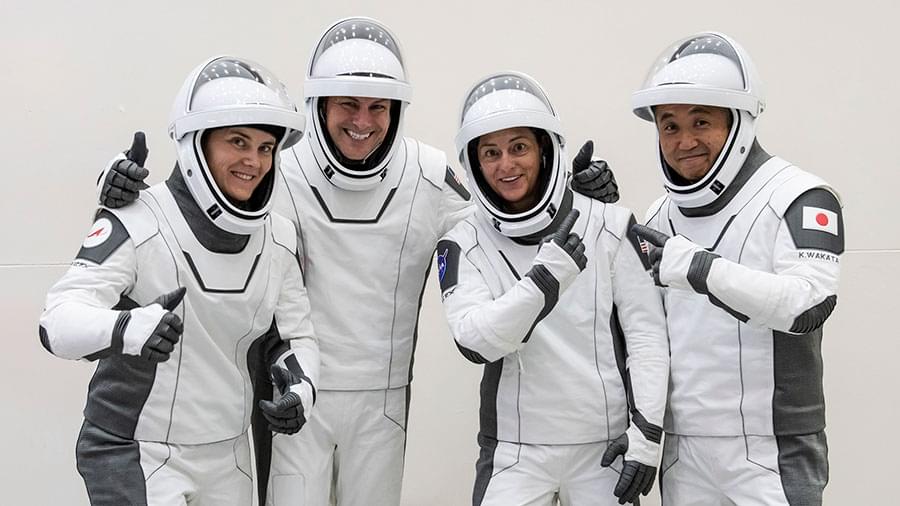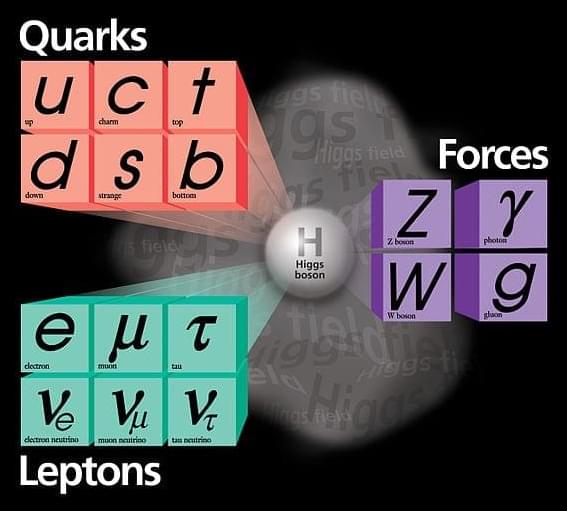Now, as a new generation of nuclear reactor designers develop advanced molten salt reactor concepts as an alternative for providing reliable, sustainable, carbon-free power, the need for radiation chemistry has never been greater.
To meet that need, Idaho National Laboratory’s Center for Radiation Chemistry Research has developed a capability that supports the nuclear energy industry by researching radiation-induced effects in advanced reactors, fuels, coolants, materials and fuel recycling technologies while also training the next generation of radiation chemists.







